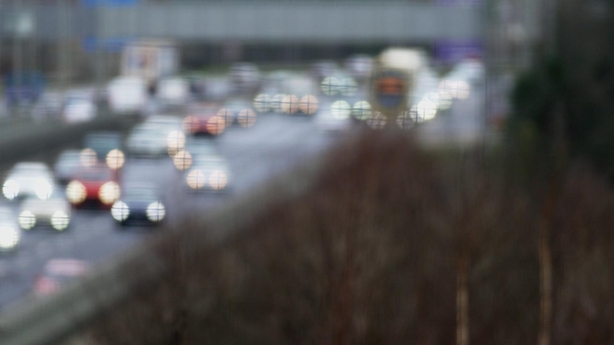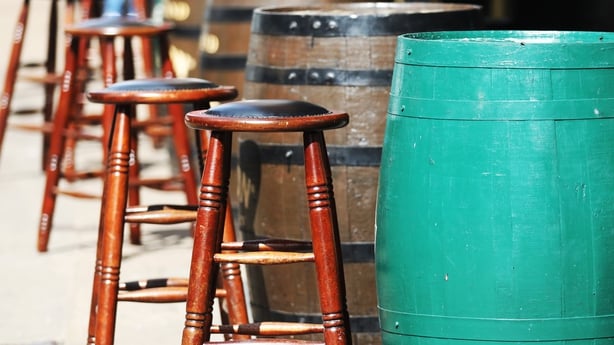The Government has announced a further cost-of-living package worth almost €1.3 billion.
It contains a range of measures to help families, businesses and motorists, although Opposition parties have argued that the money could have been deployed in a better way.
Here is a look at how the different measures announced today might affect you.
Social Welfare recipients
A significant portion of this cost-living-package is dedicated to the area of social protection.
Minister for Finance Michael McGrath said that the Government was seeking to target measures towards those that need it most.

Among the measures are a €100 lump sum Child Benefit payment per child in June and a once-off €100 extra for the Back to School Clothing and Footwear Allowance in July.
A second additional €200 will be paid in April to people in receipt of the Working Family Payment, lone parents, low-income families, those on disability payments and pensioners.
Households
The Cabinet chose to maintain a reduced VAT rate of 9% on gas and electricity bills until the end of October. After this date, VAT rates are due to return to 13.5%.
However, hopes of an extra €200 energy credit in May were dashed.
Taoiseach Leo Varadkar said there will not be energy credits over the summer, but there is an option to introduce them again next winter, depending on the cost of electricity then.
For homes with young people, another year of waived State exam fees will also likely be welcomed.

Motorists
The cost-of-living package is a mixed bag for motorists. Excise duty reductions of 20 cents for petrol and 15 cents for diesel were due to run out at the end of this month. However, the Cabinet decided that while the reductions would be extended, they would also be tapered back.
Diesel will increase by two cents per litre on 1 March, five cents on 1 June, five cents on 1 September and six cents on 31 October.
Excise duty on petrol is to increase in three stages: six cents on 1 June, seven cents on 1 September and eight cents on 31 October.
Business owners
The Temporary Business Energy Support Scheme has been extended by three months, while the amount of money available under the scheme and the eligibility criteria has also changed.
This time, businesses will only have to prove that they have seen a 30% increase in gas or electricity costs compared to the same period a year ago. Previously businesses had to prove that they had experienced a 50% increase.
The level of relief will also increase from 40% to 50% of eligible costs from 1 March. Payments under the TBESS will remain subject to a monthly limit, but this will also rise from the current €10,000 cap to €15,000 per month.
The overall cap for businesses with multiple premises will rise to €45,000, up from €30,000.
These changes are subject to State Aid approval from the European Commission.

Hospitality sector
Hotel, restaurant, café owners and hairdressers are among the many people in the hospitality sector welcoming a decision by the Government to extend the reduced VAT rate of 9% to September.
However, the Government has warned that this will be the final time that it will extend the rate.
This extension will cost the exchequer between €300 and €400 million. Some in the Opposition have been critical of the extension arguing that it doesn't benefit hospitality workers.
The rate is due to return to 13.5% in September.






